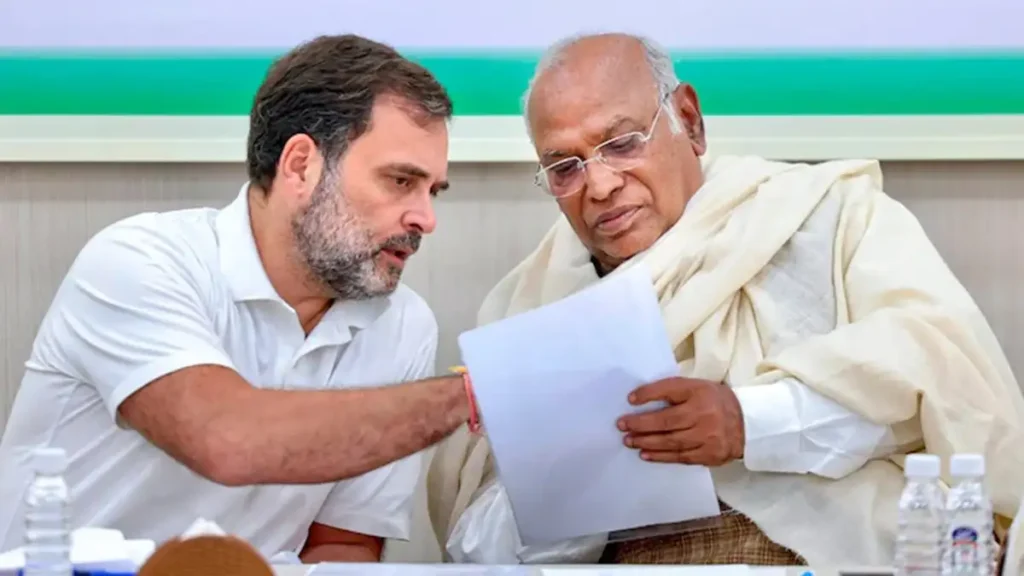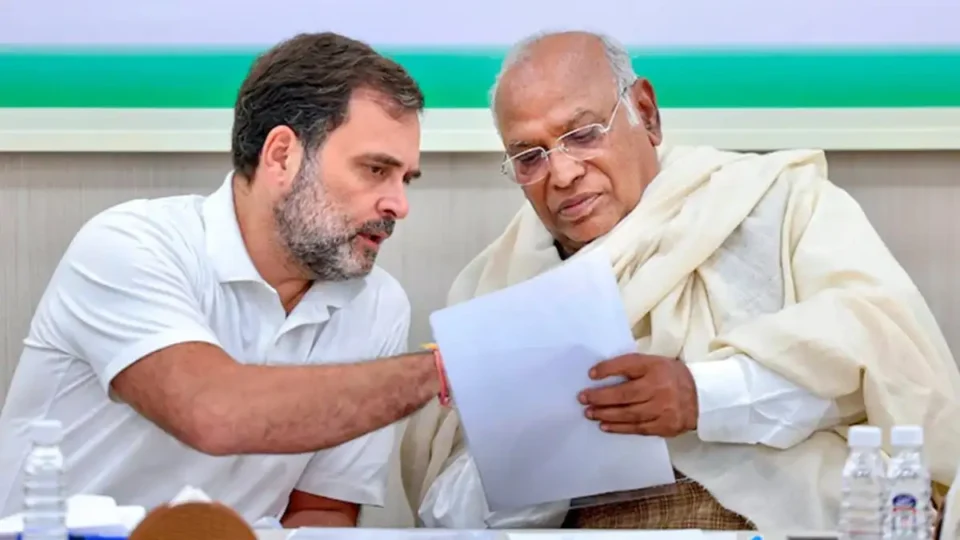
Introduction
On April 22, 2025, a devastating terrorist attack in Pahalgam, Jammu and Kashmir, claimed the lives of 26 individuals, predominantly tourists. This incident has reignited concerns over security in the region and prompted significant political discourse. In response, prominent opposition leaders Rahul Gandhi and Mallikarjun Kharge have urged Prime Minister Narendra Modi to convene a special session of Parliament to address the nation’s collective response to this tragedy.
The Pahalgam Attack: A Brief Overview
The attack occurred in the Baisaran Valley, a popular tourist destination in Pahalgam. Militants opened fire on a group of tourists, resulting in 26 fatalities and several injuries. The assault is considered one of the deadliest in the region since the 2019 Pulwama attack. The militant group “Kashmir Resistance” claimed responsibility, citing opposition to demographic changes in the area. Indian authorities suspect links to Pakistan-based groups, though Pakistan has denied involvement.
Political Reactions and Demands
Opposition’s Call for Unity
In the wake of the attack, Rahul Gandhi, Leader of the Opposition in the Lok Sabha, emphasized the need for national unity against terrorism. He stated, “The terrorist attack in Pahalgam has outraged every Indian. At this critical time, India must show that we will always stand together against terrorism.” Gandhi urged the Prime Minister to convene a special session of Parliament to demonstrate collective resolve.
Similarly, Mallikarjun Kharge, Leader of the Opposition in the Rajya Sabha, echoed this sentiment. In his letter to PM Modi, Kharge wrote, “This will be a powerful demonstration of our collective resolve and will to deal with the brutal terror attack in Pahalgam on innocent citizens.”
Government’s Response
The government convened an all-party meeting on April 24, where Defense Minister Rajnath Singh and Home Minister Amit Shah briefed parliamentary leaders on the situation. However, the opposition contends that a special parliamentary session would provide a more robust platform for unified national action.
Security Measures and Diplomatic Implications
Following the attack, Indian security forces intensified operations in the region, including house demolitions and mass detentions. The government also closed 48 out of 87 tourist destinations in Kashmir to bolster security. Diplomatic tensions escalated, with India downgrading ties with Pakistan and suspending participation in the Indus Waters Treaty.

